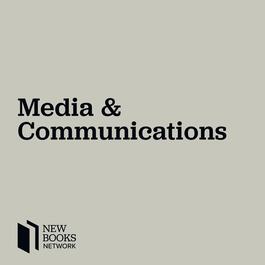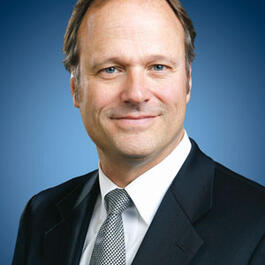
New Books in Communications
Interviews with Scholars of Media and Communications about their New Books Support our show by becoming a premium member! https://newbooksnetwork.supportingcast.fm/communications
Show episodes

Y. Kokosalakis and F. J. Leira-Castiñeira, "Violence and Propaganda in European Civil Wars" (Routledge, 2025)
Violence and Propaganda in European Civil Wars explores the complex interplay between violence and propaganda during the continent's major civil conflicts in the first half of the 20th century. The book, edited by Yiannis Kokosalakis and Francisco J. Leira Castiñeira, uses a multidisciplinary approach to analyze how pr
From his early albums with the Mothers of Invention, Frank Zappa established a reputation as a musical genius who pushed the limits of culture throughout the 1960s and 1970s, experimenting with a blend of genres in innovative and unheard-of ways. Not only did his exploratory styles challenge the expectations of what po

Suruchi Mazumdar, "Divided Media: Politics and Mediated Movements in India" (Routledge, 2025)
Suruchi Mazumdar’s book addresses the complex relationship between India’s evolving, emerging media landscape, the political and economic interests of diverse media actors, and movements opposing contentious issues such as market-based economic reforms and religious nationalism. In the mid-2000s, Singur and Nandigram,

Gavin Williams, "Format Friction: Perspectives on the Shellac Disc" (U Chicago Press, 2024)
With the rise of the gramophone around 1900, the shellac disc traveled the world and eventually became the dominant sound format in the first half of the twentieth century. Format Friction brings together a set of local encounters with the shellac disc, beginning with its preconditions in South Asian knowledge and labo

Arianne Edmonds, "We Now Belong to Ourselves: J. L. Edmonds, the Black Press, and Black Citizenship in America" (Oxford UP, 2025)
At the turn of the twentieth century, the Black press provided a blueprint to help Black Americans transition from slavery and find opportunities to advance and define African American citizenship. Among the vanguard of the Black press was Jefferson Lewis Edmonds, founder and editor of The Liberator newspaper. His Los

Nadya Bair, "The Decisive Network: Magnum Photos and the Postwar Image Market" (U California Press, 2020)
The legendary Magnum photo agency has long been associated with heroic lone wolf male photographers such as Robert Capa and Henri Cartier-Bresson, roaming the world in search of the “decisive moment” – the perfect shot that captured the essence of a major news story. Nadya Bair’s highly original book The Decisive Netwo





